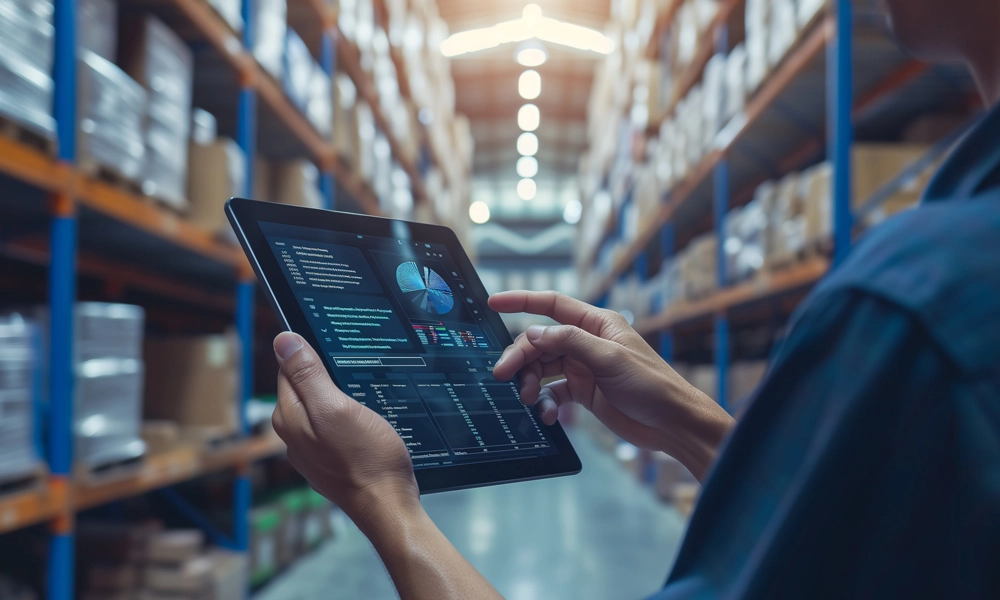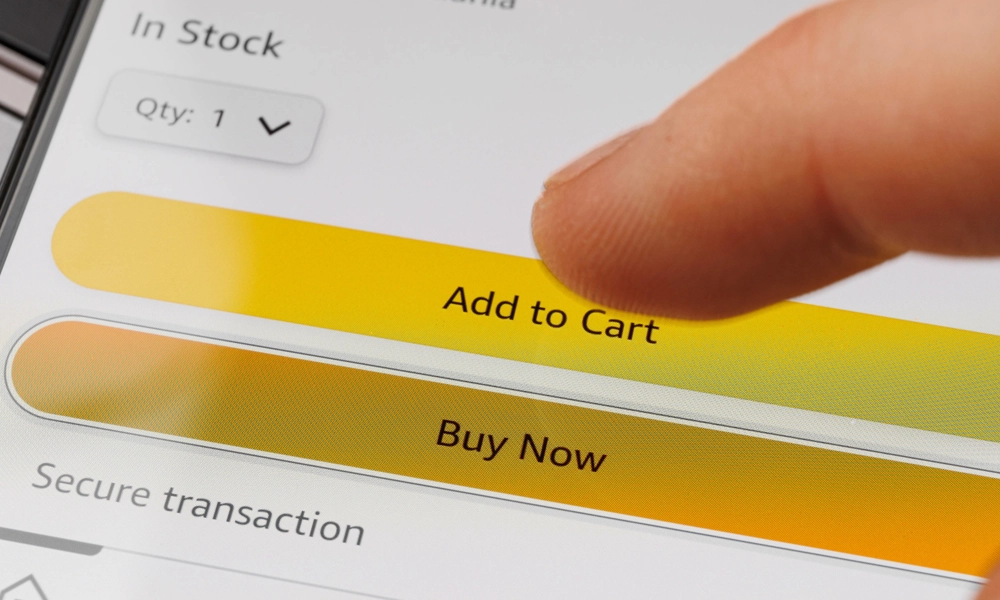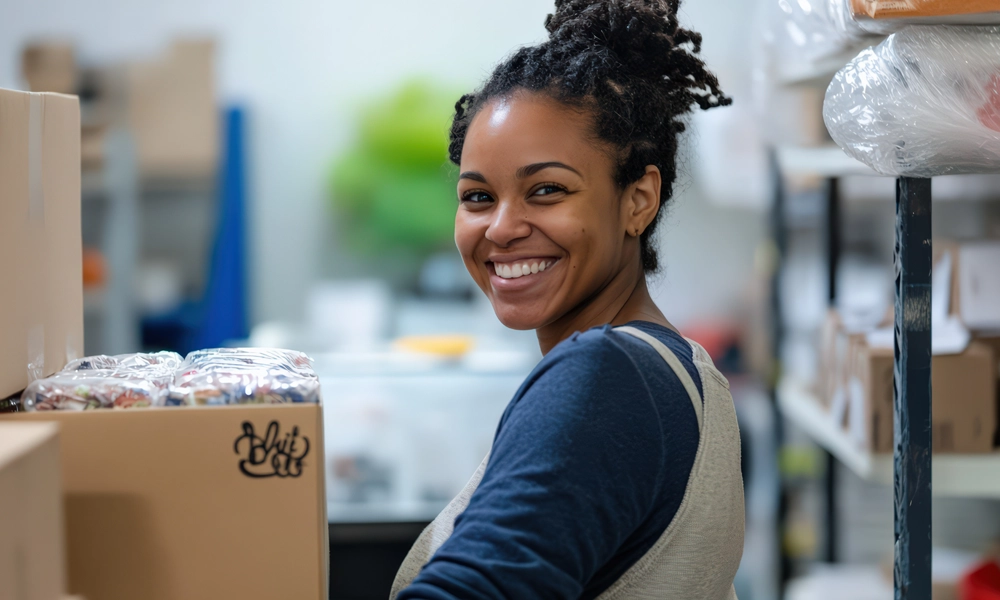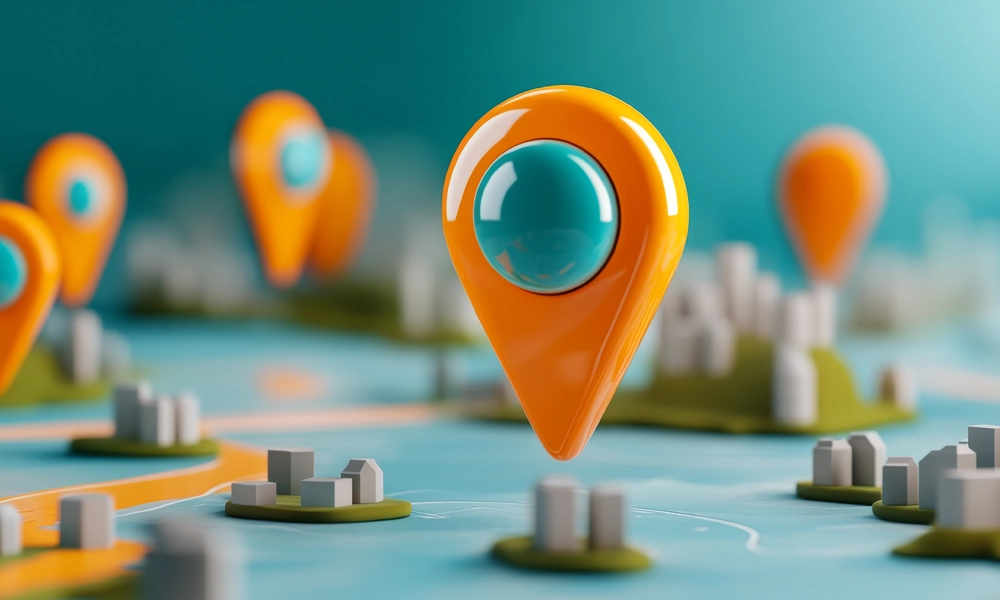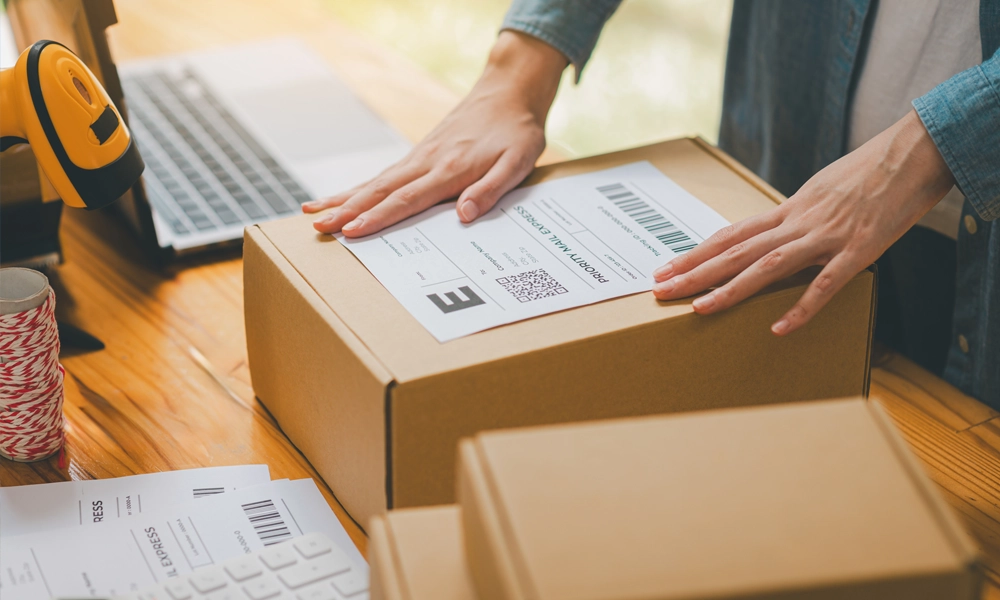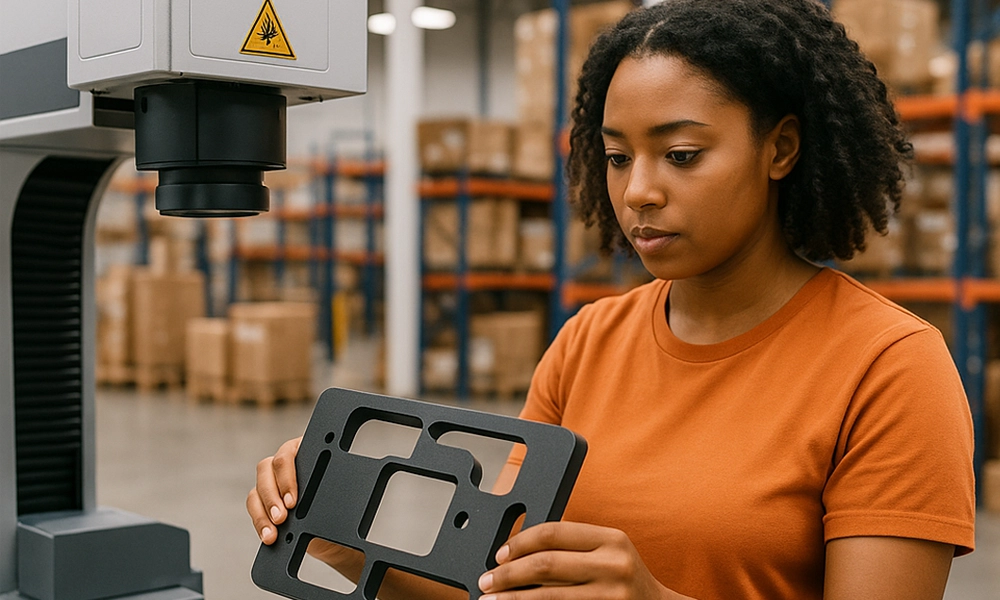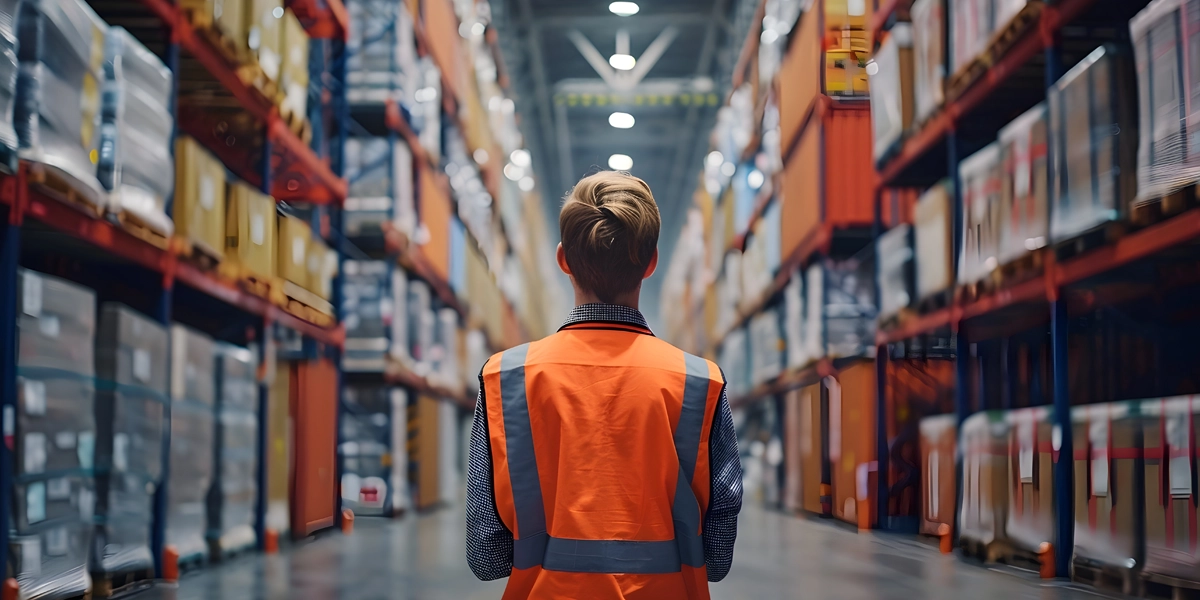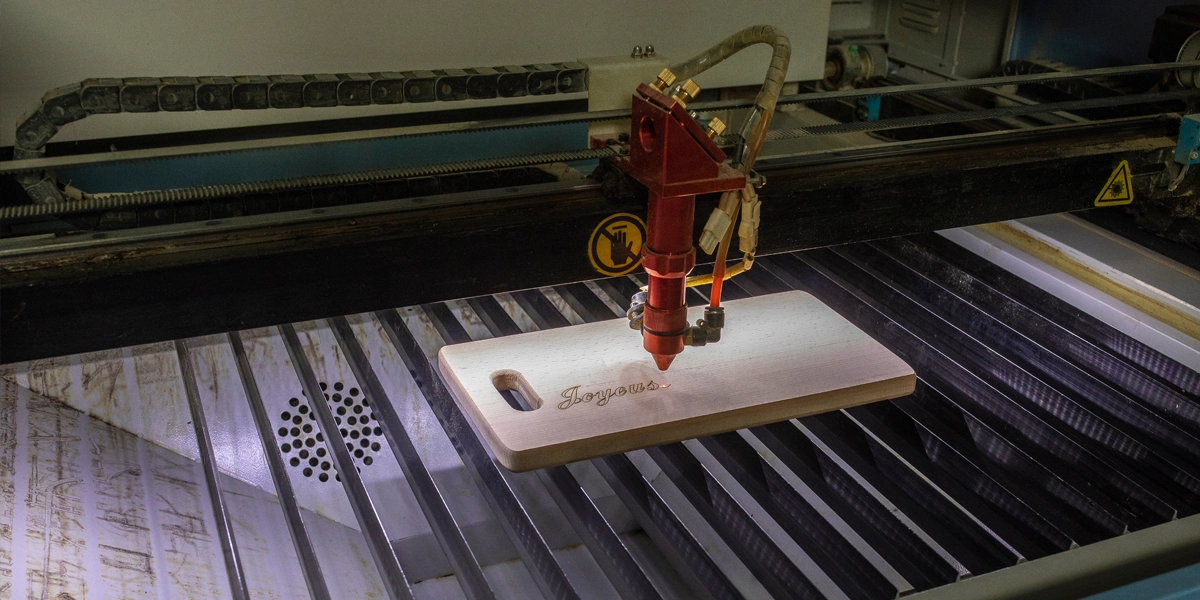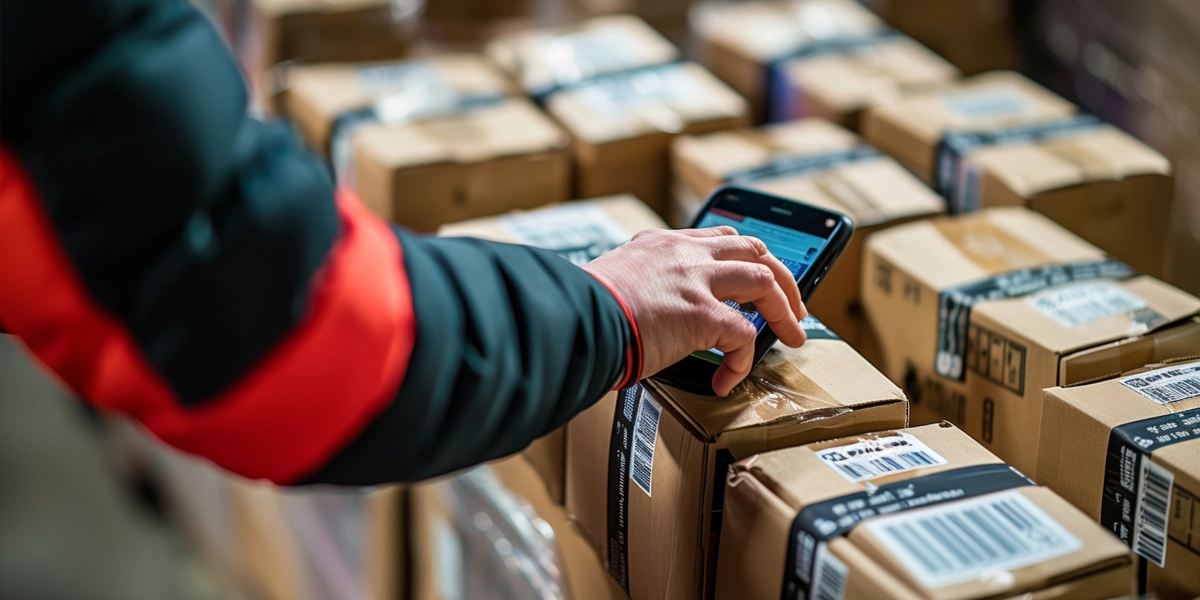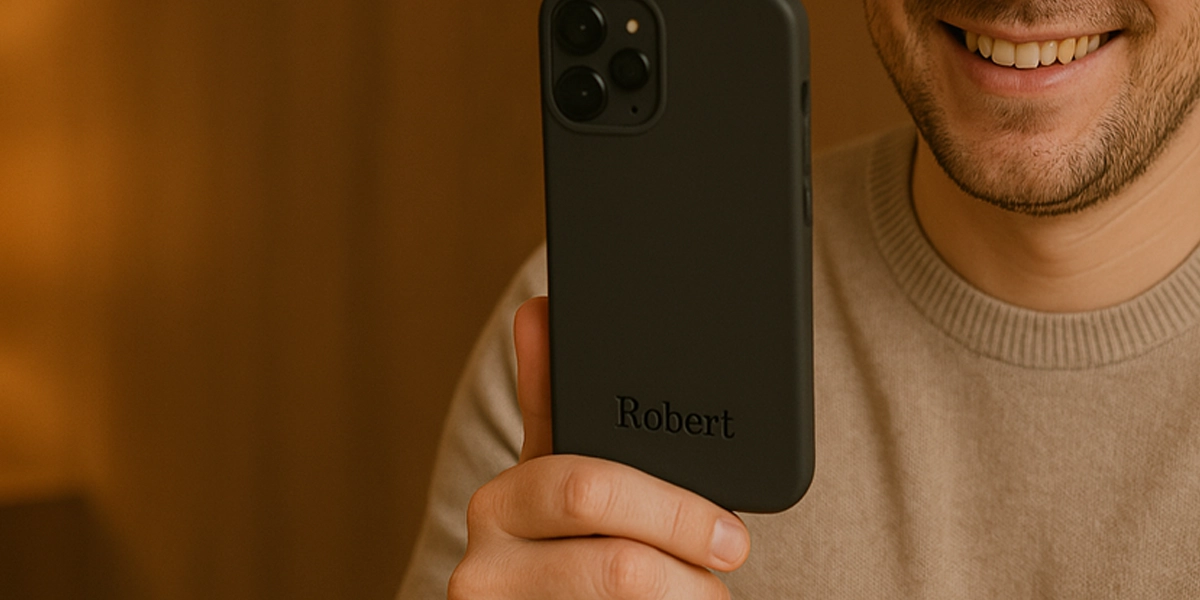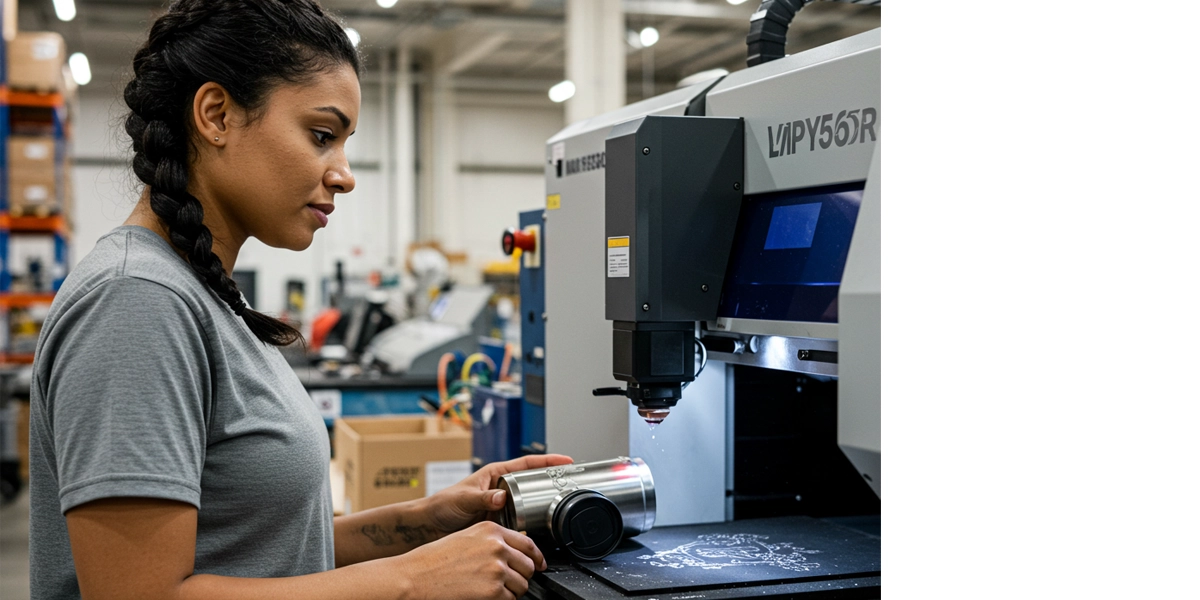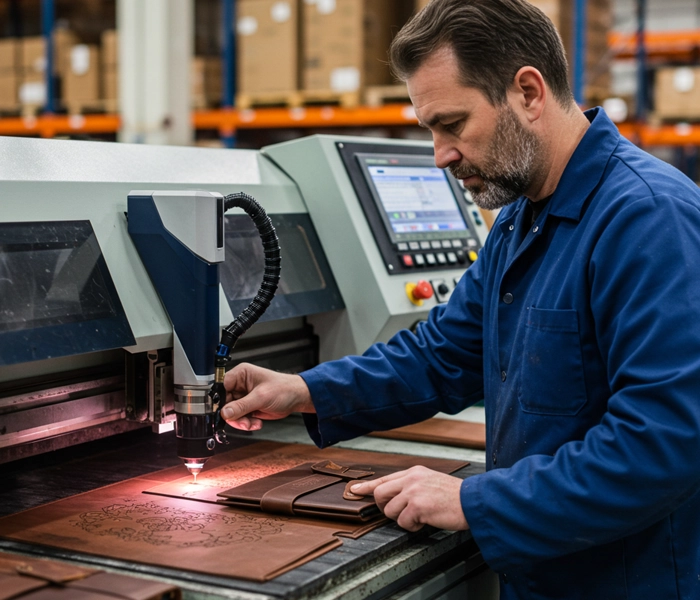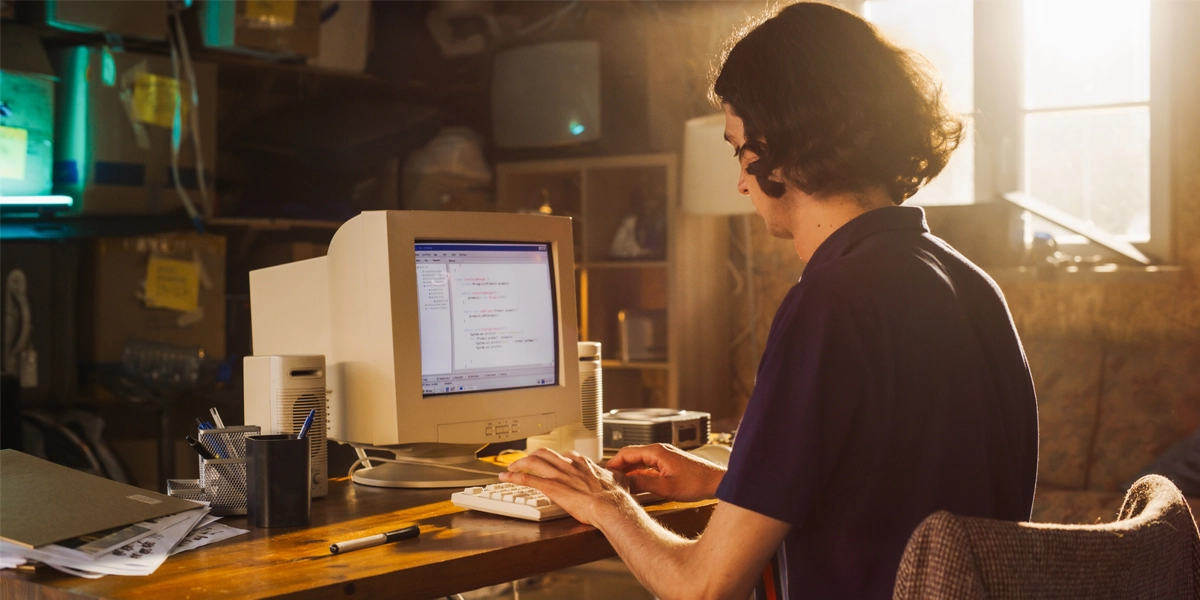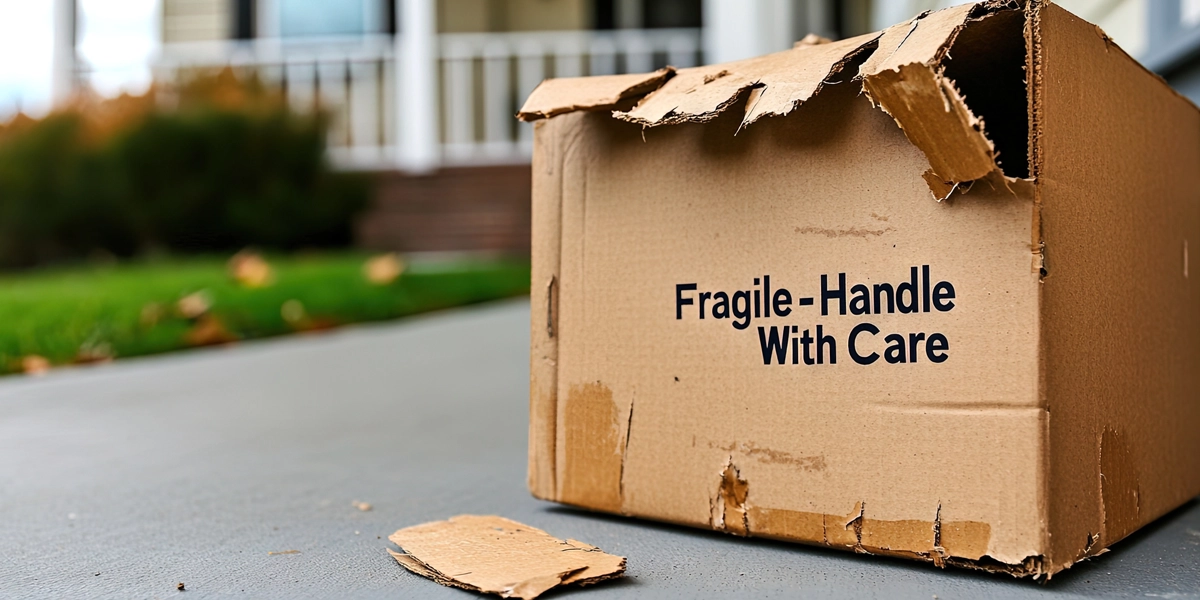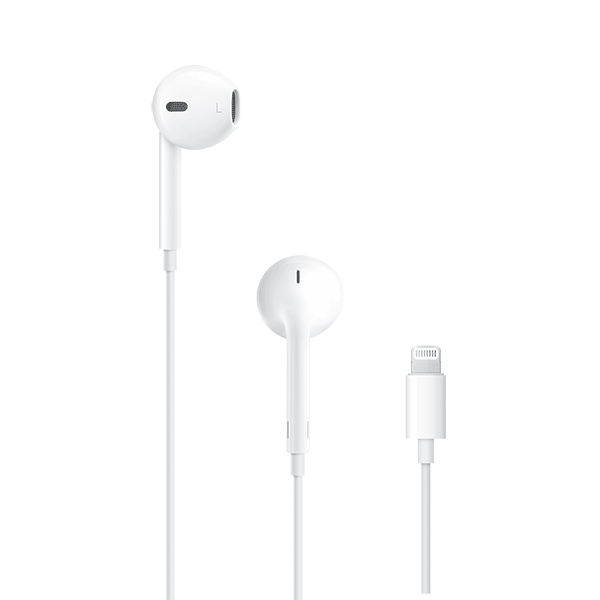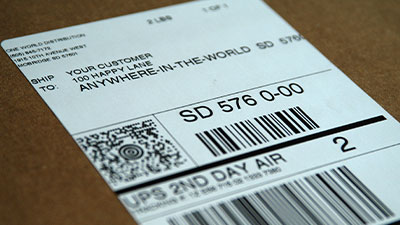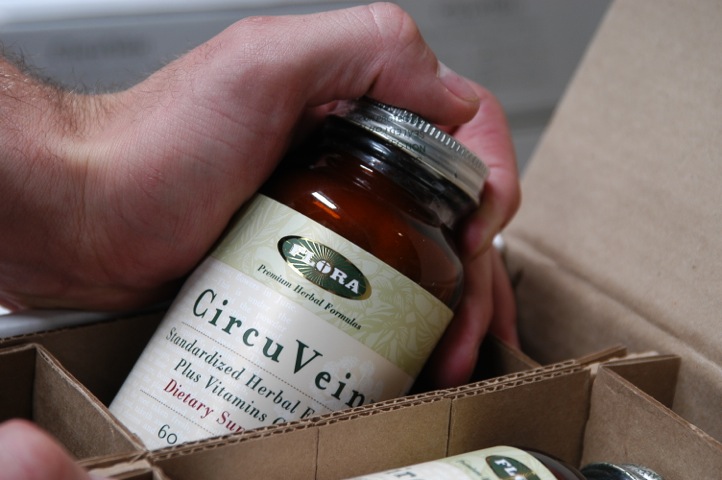In This Article:
Anyone who spends time in the ecommerce multiverse – whether browsing, shopping, selling, or tracking trends – bumps into plenty of lists like the one CNN published in May touting 61 sustainable products the editors loved.
First up is a blanket shown wrapped around a cute dog that’s made from recycled plastic bottles. There’s swimwear made from post consumer waste, shoes made with vegan ethically-sourced materials, and so it goes in a list that reflects admirable innovation and a commitment to sustainability.
As consumers increasingly become aware of their carbon footprint and personal contributions to environmental issues, e-tailers have responded not only by producing products that embody eco-friendly principles but also by recalibrating the way things are made, packaged, and delivered.
And then there’s an X-factor we’ll call the Robert Lennox shaving cloth paradigm.
Lennox was Deputy Governor from 1736 to 1744 of Fort Marlborough in Sumatra, Indonesia, built by the largest, most successful commerce operation in the world at the time, the British East India Company. His name and legacy may be lost to history but Lennox’s cotton chintz shaving cloth with a hand drawn and dyed pattern endures in the collection of the Victoria and Albert Museum in London, no doubt preserved because Lennox’s initials are cross-stitched with black silk in the upper left corner.
In the act of being personalized, the shaving cloth became indisposable. Personalization of consumer products adds value and creates emotional attachment that gives products a much longer lifespan.
While engraved cufflinks and monogrammed shirts are nothing new, integrating product personalization into the logistics and fulfillment process as part of the e-tailer/3PL partnership represents an innovation that provides a fresh value-added twist to embracing environmental responsibility. It also positions brands to attract and endear themselves to consumers who want to align themselves with the best practices of sustainability.
Sustainability and Decision Making by Consumers
The World Economic Forum, the influential international organization for public-private cooperation, published an article highlighting the results of the Ipsos Global Trends 2021 report, which surveyed 25 countries. Among the findings was that “reducing environmental harm and standing up for social issues are two of the main expectations consumers have of the businesses they buy from.”
“[C]onsumers’ brand choices are strongly aligned with their personal values,” the WEF story said. “Across all 25 countries surveyed, an average 70% of respondents say they buy from brands they believe reflect their own principles. … One reason for this may be that making socially responsible choices brings satisfaction and emotional comfort to two-thirds of global consumers.”
The power of brand alignment has a salutary effect on the bottom line. Reporting on a 2022 report produced by First Insight and the Baker Retailing Center at the Wharton School of the University of Pennsylvania, Forbes said consumers from all generations are willing to spend more for sustainable products. That trend combined with loyalty and repeat purchases can turbo-charge revenue.
Without realizing it, or at least without extending the thought process, the findings by Ipsos pointed to the wisdom of brands and e-tailers that embrace personalized products to deliver satisfaction and emotional comfort – because simultaneously they are embracing social responsibility and reducing environmental harm, meaning brands and consumers become partners in sustainability efforts that can drive real change.
In 2022, even with the specter of inflation cited in surveys chronicling consumer behavior, Harris Poll research commissioned by Google Cloud underscored that “[w]hile price unsurprisingly continues to be a major consideration in purchases, the average shopper is increasingly paying close attention to the values of consumer goods brands and how eco-friendly their products and practices are.”
A Consumer Goods story about the Harris Poll findings opened a section with the headline, “Consumer goods companies need to prioritize sustainability.”
Fast forward to 2023 when the front-of-mind issues for consumers had shifted to include things like inflation, in what Ipsos defined as a “polycrisis” era of political uncertainty, climate change, and war.
Updating its Global Trends 2023 ahead of COP28 in November 2023, Ipsos highlighted five trends businesses should monitor, including this one entitled, Brand values lose ground to value brands:
The continued rise of brand/value alignment is another casualty of tougher economic times. Consumers are becoming more cautious with their spending and are less likely to buy brands that reflect their personal values. This trend is more pronounced in developed markets and among lower-income and less-educated consumers.
“This trend of consumers being more discerning in how and how much they spend continued into 2024, and one byproduct is that it highlighted how personalization of products provides an edge for all brands, including those that align with consumers’ personal values,” said One World Co-Founder and CEO Thomas Unterseher. “In any economy, P2C products are seen as more desirable by consumers.”
OWD’s Approach to Personalized-to-Consumer Fulfillment for E-tailers
The transformative power of product personalization is in the DNA of One World Direct, which has been providing expert D2C & B2B order fulfillment since 1994.
Unterseher had been a touring musician as a young man and his experiences inspired him to launch a product line with audio and book components to teach English as a second language.
“Humans want to be connected,” he reflected in recalling that the early venture he launched with his future wife and OWD co-founder Heather Bohr was essentially about connecting people – a mandate that extends to OWD, which favors partnerships with entrepreneurs and brands that share a desire to form meaningful and lasting connections.
“Most businesspeople, especially entrepreneurs who have created a product, want that connection to the people,” Unterseher said, explaining that personalization of those products can be a game-changer.
Just as teaching English as a second language was about connecting people, empowering P2C product opportunities for e-tailers connects people and brands in a deeper way, largely because it enhances consumers’ sense of self. This happens through a bespoke experience that extends from the unboxing to the product itself and the lasting satisfaction and emotional resonance it delivers.
Two product personalization implementations on the launch pad for OWD are perfect examples. Both involve brands that provide essentials for one of the most magical times in life, one for expectant mothers and the other for new mothers and their babies.
In both cases, products tailored for specific purposes – maternity and postpartum clothes and baby blankets, swaddles and more – are transformed by personalization from utilitarian necessities with a limited “shelf life” into something enduring.
While ordinary baby blankets that have done their duty are consigned to a second-hand store or the trash bin, one embroidered with a baby’s name and birth date becomes a family heirloom for the child to have and cherish forever. Even postpartum loungewear with the benefit of personalization might remain a favored choice for late night lounging, while an unadorned version typically gets discarded as an artifact of a chapter in life once it has passed.
Meanwhile, one consumer who’s partial to the artisan Medjool dates sold online by an OWD client managed to transform one of the personalized greeting cards offered as part of the fulfillment process from an item typically disposed of quickly into a keepsake. Adding a photo of a beloved dog sending a love heart message to the recipient elevated the greeting card into artwork that was slipped into a frame to be proudly displayed on a bedside table.
How OWD’s P2C Works
OWD integrates P2C into the fulfillment process in a way that allows brands and e-tailers of all sizes to offer product personalization – through laser engraving, embroidery, direct-to-object printing, customized greeting cards and more – without additional machinery or employees.
Personalization possibilities are presented, and orders handled during the online shopping checkout process through tailored website plug-ins OWD creates for each client.
The product personalization process is then carried out in OWD warehouses as part of fulfillment, and the range of materials OWD can work with extends from paper, wood, glass and plastics to fabrics, leather, rubber, metal, and beyond.
P2C Products Give Brands an Edge & Help the Environment
Combining product personalization with Direct-to-Consumer or Business-to-Business fulfillment is a quick and convenient way for e-tailers to add value to products and differentiate themselves from competitors – and it also gives smaller ecommerce players an ability to compete with the “big guys.”
Meanwhile, having the ability to personalize products during an online shopping experience gives consumers a deeper sense of involvement with a brand and catalyzes the establishment of the emotional connection.
Those attributes extend to gift-givers shopping online with the goal of impressing with next level thoughtfulness – for the recipient and the environment. Both the buyer and gift recipient develop emotional bonds with a brand. With 50% of consumers favoring customized products as an ideal gift, one transaction has the power to convert two consumers into brand loyalists.
That’s especially good news for e-tailers because personalized products are perceived as having a higher value than similar generic items, another boost for customer satisfaction, as well as a positive impact on price points and AOV.
At the same time personalized products serve as a competitive differentiator for brands, they mesh with other eco-friendly aspects of the 3PL fulfillment process to create a forward-looking sustainability model.
Other factors in that model include waste reduction, from inventory management to packaging – using less and favoring recyclables and biodegradables – and technology driven, optimized transportation and delivery.
P2C, OWD and Lasting Value
We’ve all heard of the term conspicuous consumption. While it originated long ago in 1889, it sounds contemporary because displaying one’s status through products never seems to go out of style. The other side of the commerce coin is conscientious consumption, or conscious consumerism, which means shopping in ways that have a positive social or environmental impact. So the more-is-more mentality has been replaced by a less-is-more ethos – with a focus on the best and most planet friendly “less.”
“Personalized products perfectly embody conscientious consumerism,” Unterseher said. “Because they have higher intrinsic value, and deep emotional value, they’re not going to a thrift store or the landfill.”
The benefits of P2C have been borne out by research. Forrester found that 77% of consumers have chosen, recommended, or paid more for a brand that provides product personalization, for example, while a study by Salesforce found that the interest in personalization is nearly 60% for Baby Boomers and hits a high of 74% for Gen Zers.
All of those consumers are happy to pay a 25% premium for personalized or customized items, on average, according to Forbes, and they tend not to return personalized products, another plus in for the sustainability model.
“Simply put, product personalization is a proverbial win-win,” Unterseher said. “Consumers and gift recipients are delighted by personalized products, while e-tailers and brands benefit from increased sales, higher AOV, consumer loyalty, and the satisfaction of helping preserve the environment for the generations to come who may embrace a vintage look by wearing or using personalized products their parents or grandparents purchased.”
In This Article:
Subscribe to our Newsletter
Tincidunt urna mauris eu quam vulputate lobortis sit. Purus feugiat arcu nunc quisque massa ut.


